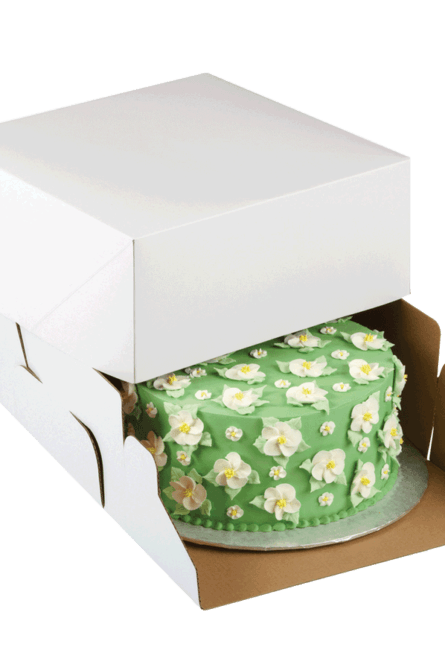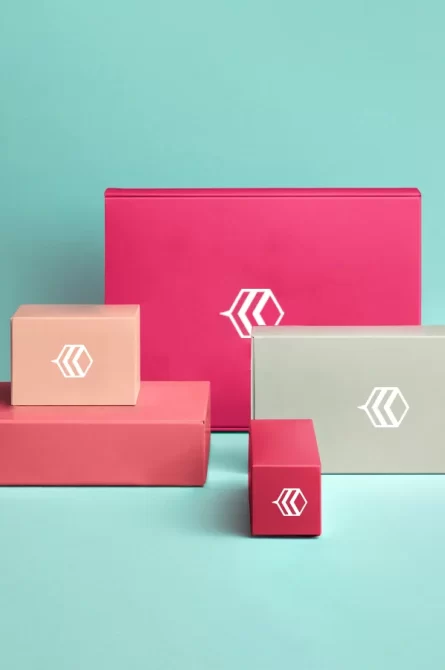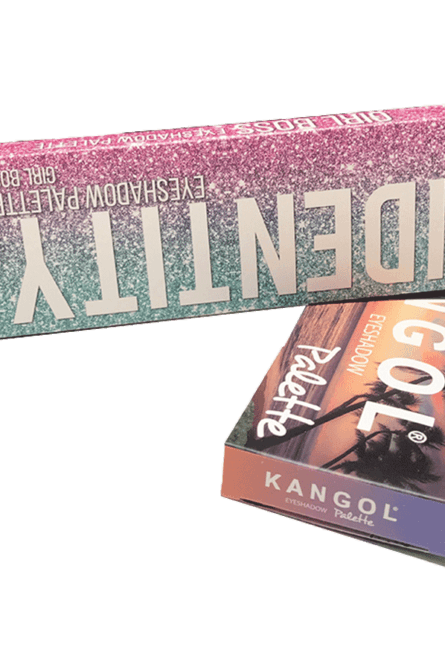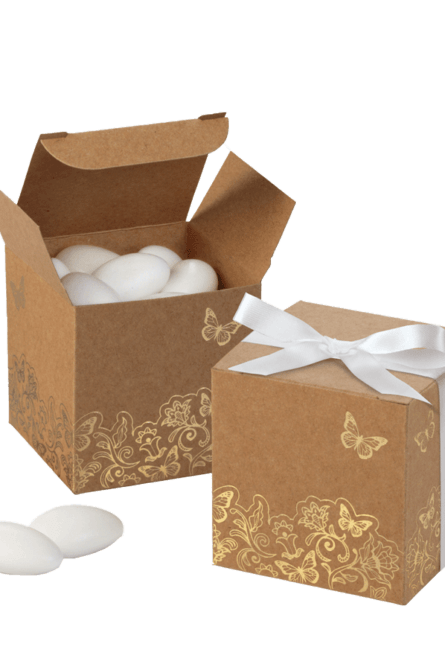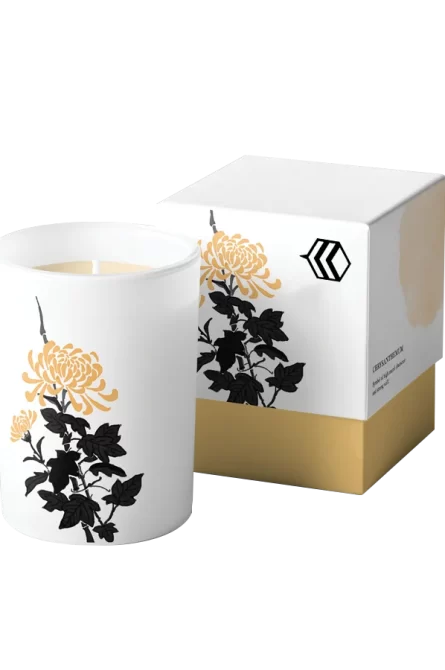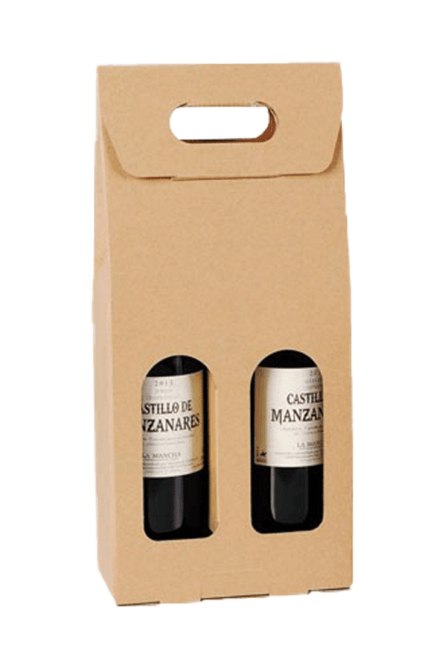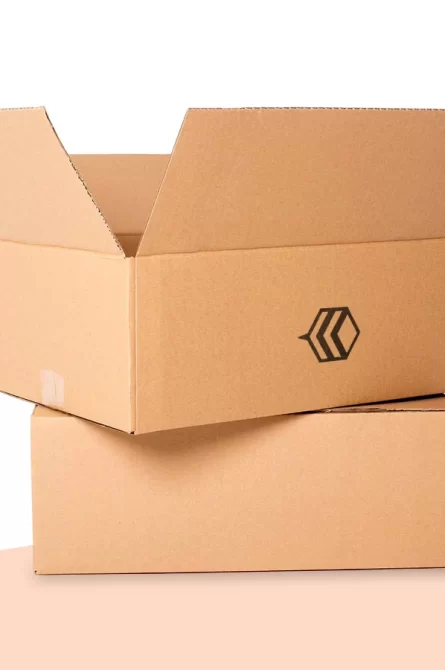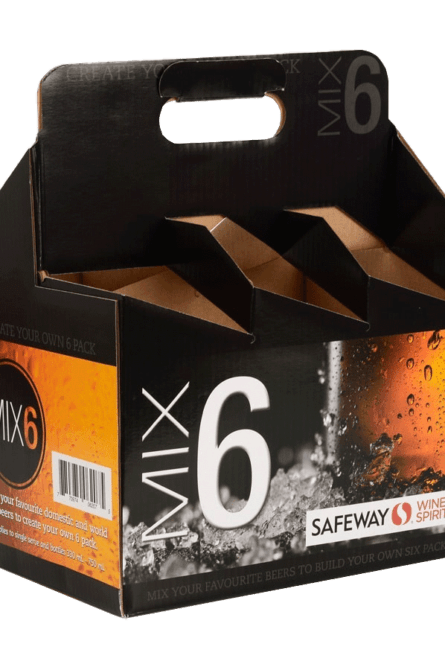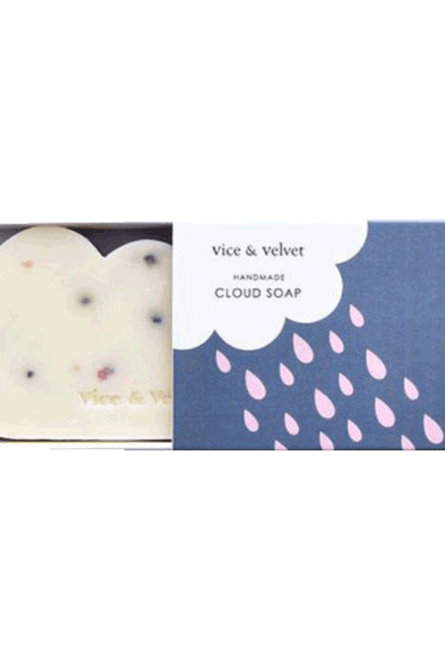23
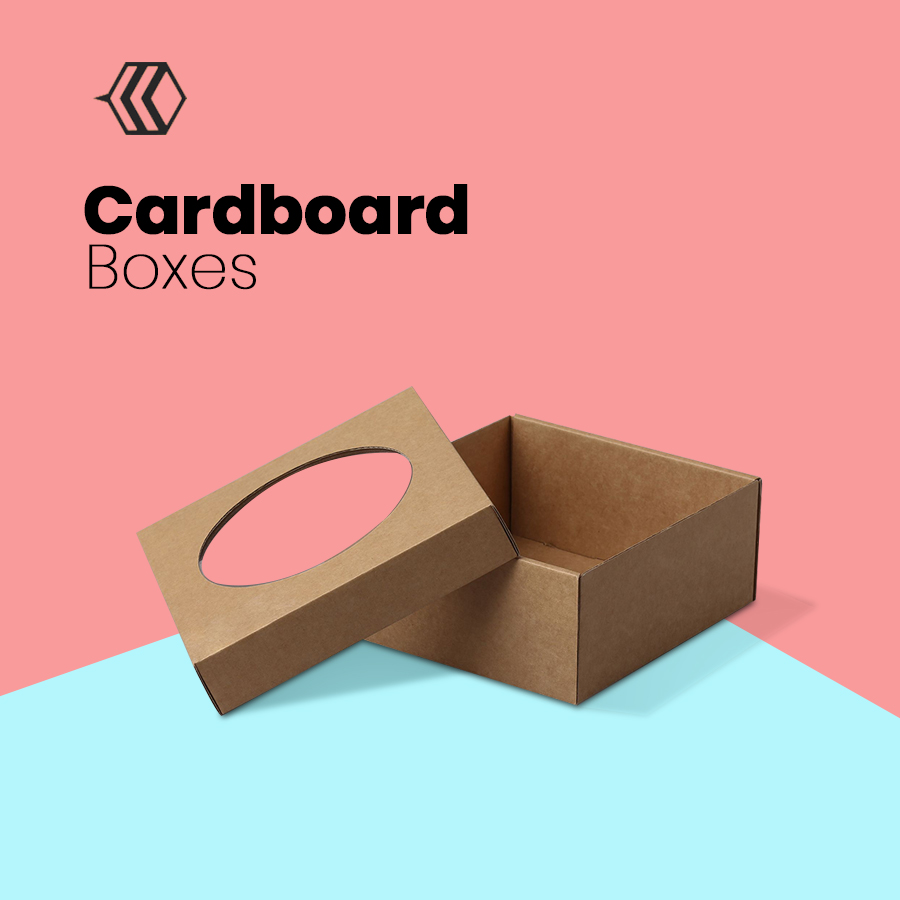
Cardboard boxes with lids can help you make a remarkable impression on the customers. These boxes are versatile and can be used for various purposes.
Lids help contain the products inside the packaging. Furthermore, they can be used as a beautiful space to fulfill marketing needs and branding requirements.
This blog will create cardboard boxes with lids and exciting custom prints. Thus, we will cover different printing techniques that can help you make the packaging of your dreams.
We will also cover color models and how they can help you create cardboard boxes with lids that entice the customers.
Let’s begin
Printing Techniques For Cardboard Boxes
Printing techniques help transfer an image to the packaging. Their working procedure classifies them. There are two basic groups of printing techniques, direct and indirect. We will look at them both.
Before we do that, it is important to know how custom prints can take your packaging to the next level. Custom prints allow you to decorate the boxes to express your creativity. Furthermore, you can efficiently use the packaging space to fulfill your marketing needs.
You can do this by showing various products in your catalog. Furthermore, you can use custom prints to transform the packaging into an integral part of your branding; more on that later.
For now, let’s discuss two printing techniques:
- Digital Printing Technique
- Offset Printing Technique
Digital Printing Technique
The digital printing technique is cost-effective for completing a small-scale order of cardboard gift boxes with lids. This printing method works with the help of a digital source and a printer.
The digital source carries the custom print design in digital format. It sends the file to the printer, which reads it and prints it on the substrate using concentrated ink sprays.
This method is easily set up as it does not require extensive tooling. Thus, you don’t need to invest a lot into getting started.
Furthermore, you can easily change the custom print design of the cardboard gift boxes with lids and produce specialized, limited-edition versions.
The digital printing technique is ideal when you want a fast turnaround time and print quality is not your greatest priority.
Offset Printing Technique
The offset printing technique is a wonderful method that requires some expertise. It is based on creating printing plates that help transfer the image two-step process.
The first step involves inking the printing plate. The second step is the actual printing of the image on the substrate.
As you have probably guessed, more tooling and setup are required for this method. Hence, it is not recommended for small brands.
Furthermore, it is difficult to change the custom print design once the printing plates are manufactured. If you wish to do so, then you’d have to start the process all over again.
Another disadvantage of this method is that turnaround times are low. Its cost-per-unit is higher than digital printing.
That said, the offset printing method is amazing at catering to large-scale orders. If you want to create a large volume of custom printed white cardboard boxes with lids, the offset printing method is ideal.
It will be best to realize that the print quality of offset printing is superior to the digital printing method.
Color Models For Cardboard Boxes
We stated earlier that custom prints could help transform your cardboard boxes with lids and make them an integral part of your branding. That is where color models come in.
Color models are standards for mixing and matching shades. Some options allow you to create vibrant hues that can entice the customers and pull them towards the product packaging.
However, other options help you create brand-accurate shades. Thus, you can make packaging that represents your brand and helps improve brand recognition and brand recall.
There are various options in the world; we will cover a couple of them below:
- CMYK Color Model
- PMS Color Model
CMYK Color Model
The CMYK color model creates vivid shades that liven up a cardboard box with a handle. This color model uses four colors to produce a wide spectrum of shades. Thus, you can create multi-colored patterns with ease.
However, it will be helpful to note that printers mix the colors themselves. Thus, you can run into color inconsistency if the printer is not competent enough.
PMS Color Model
PMS is also called the Pantone Matching System. As its name suggests, it offers a comprehensive matching system that allows you to match one shade with the next.
This color-matching allows you to match brand colors with printed colors and create packaging that becomes a part of the packaging.
Furthermore, when using PMS colors, it can be helpful to note that you can create shades not possible by CMYK. These include metallic, neon, and more.
Furthermore, it will be best to realize that PMS colors are less vibrant than the CMYK shades.
However, if you want to create white cardboard boxes with lids using a specific shade of white, PMS is the best option.
Conclusion
In this blog, you have studied about importance of using custom prints to create exciting custom cardboard boxes with lids. We have gone through digital and offset printing techniques.
For a quick recap, digital printing is fast, easy to use, and cost-effective for low-volume orders. In contrast, offset printing is relatively costly. However, cost-effective for high-volume orders and offers a better print quality.
When you google ‘how to make a cardboard box with lid,’ there are many examples of DIY videos and suppliers. However, why not hire professionals and save yourself from all the hassle.
Packaging Bee is just that. We are professionals who help businesses by offering them outstanding packaging solutions that can take their brand to the next level. We offer various packaging styles. Our cardboard boxes with lids can be customized in various shapes and sizes. So what are you waiting for? Contact our team, and let’s make colorful packaging that stands out and grabs your customers’ attention.



